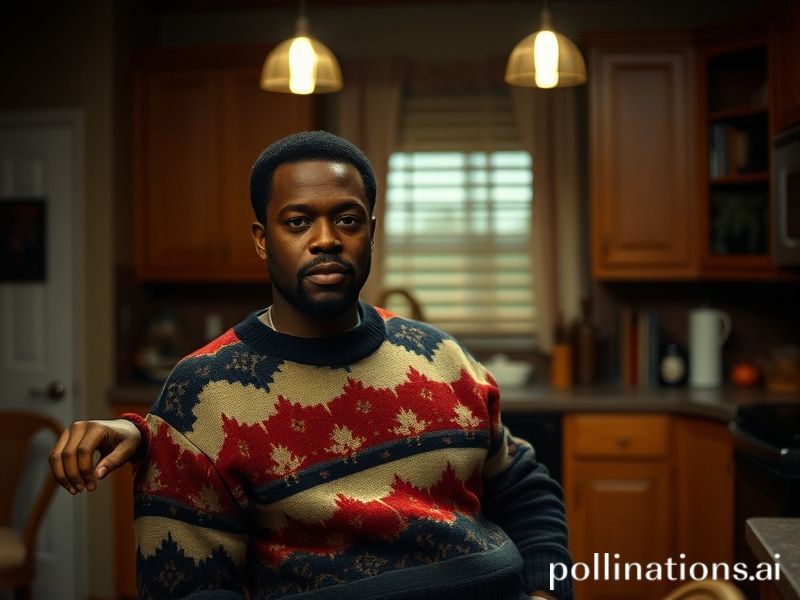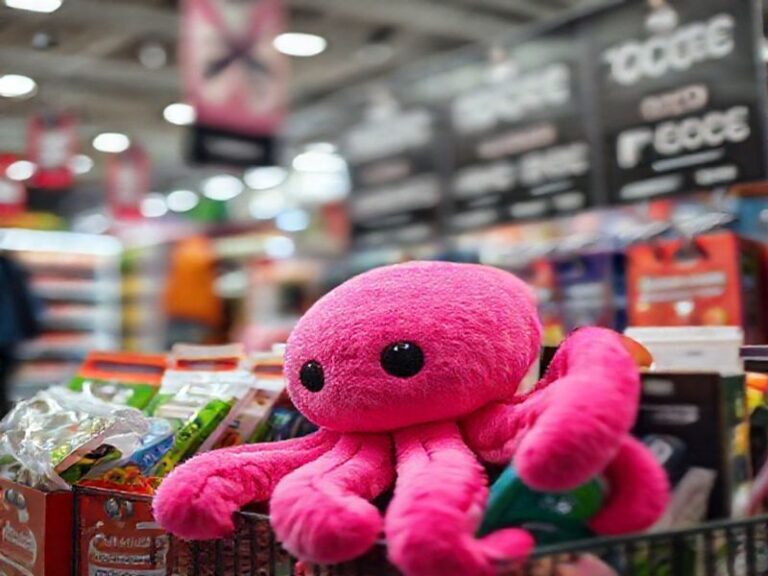Theo Huxtable Goes Global: How Malcolm-Jamal Warner Accidentally Became Earth’s Favorite American
Theo Huxtable Goes Global: How Malcolm-Jamal Warner Became the Planet’s Most Relatable American Export
By S. V. Carver, International Affairs Desk, Dave’s Locker
PARIS — Somewhere between a UNESCO round-table on cultural soft power and a late-night kebab stand off Rue Oberkampf, it hit me: Malcolm-Jamal Warner is the only American sitcom alumnus whose reputation has improved every year since the Berlin Wall fell. While the rest of the ’90s child-star diaspora either imploded on reality television or reinvented themselves as crypto pitchmen, Warner has quietly achieved the geopolitical holy grail of being liked by absolutely everyone—an accolade even iced-coffee diplomacy can’t buy.
The math is brutal. In 1984, 84 nations could receive The Cosby Show via satellite bootleg or VHS tapes smuggled in diplomatic pouches. By 1994, the number was 134, and every teenager from Lagos to Ljubljana knew that Theo’s multicolored sweaters were the apex of aspirational cool. Today, as the original master tapes gather digital dust in a Burbank server farm, Warner’s face still flashes on flat-screens from Nairobi matatus to Saigon nail salons, usually right after the local news warns about inflation and right before the shampoo commercial promising thicker hair for thinner wallets.
Why does this matter? Because in an era when American cultural exports are about as welcome as a TSA pat-down, Warner has become a paradox: the wholesome Trojan horse. His current résumé—poet, bassist, director, mental-health advocate—reads like a State Department wish list drafted after three espressos and an apology tour. While Marvel superheroes require billion-dollar marketing and a small army of IP lawyers, Warner just has to walk onstage with a bass guitar and suddenly Ghanaian grad students are quoting his spoken-word set on neo-colonial anxiety. Soft power, it turns out, is cheaper when it arrives with a smile and a knit cap.
Europeans treat him like a visiting jazz dignitary—which, considering his Grammy-winning work with the Miles Long Quartet, isn’t entirely inaccurate. Last summer in Copenhagen, I watched a Danish cultural minister introduce him as “the living bridge between post-soul America and whatever comes next,” which is minister-speak for “we have run out of funding but still want to look hip.” The audience, equal parts hygge enthusiasts and Eritrean refugees, nodded solemnly. Warner played a seven-minute bass solo that somehow referenced both Marvin Gaye and Nordic doom metal. The minister wept. I checked my watch: still cheaper than a NATO summit.
In Latin America, Warner’s Spanish-language voice-over work on The Magic School Bus reboot has turned him into an accidental pedagogical messiah. Schoolchildren in Bogotá now believe that an Afro-American actor who once wore Cosby sweaters can also teach them photosynthesis—an upgrade from the previous curriculum, which mostly taught them to duck. Warner, bemused, told El Tiempo that he’s just “trying to pay rent and keep jazz alive,” which, translated through the Colombian press, became “Hollywood star vows to save children via funk-based botany.”
Even China, famously allergic to imported nostalgia, permits pirated clips of Warner reciting Langston Hughes on TikTok’s domestic twin, Douyin. Censors reportedly allow it because the videos promote “healthy artistic expression” and contain zero references to Taiwan, Tiananmen, or oat-milk shortages. In the global marketplace of sanitized sentiment, Warner’s brand of earnest melancholy is rated PG-13: rebellious enough to feel authentic, compliant enough to clear customs.
Back home, the United States remains baffled. America prefers its Black icons either safely historical (MLK) or safely entrepreneurial (Jay-Z). A middle-aged vegan bassist who reads poetry about trauma and refuses to do car commercials? The algorithm short-circuits. Consequently, Warner’s domestic profile hovers somewhere between “Oh, that guy” and “Wait, he’s still working?”—a state of national amnesia that allows the rest of the planet to adopt him like a stray cat that knows jazz chords.
The takeaway, dear readers, is bleakly reassuring: while empires rise, fall, and argue about interest rates, humanity can still agree on one thing—Theo turned out all right. In a world where every public figure eventually disappoints, Malcolm-Jamal Warner’s greatest trick is simply not becoming a disappointment. It’s a low bar, but we live in a century of subterranean standards. Pass the kebab.







